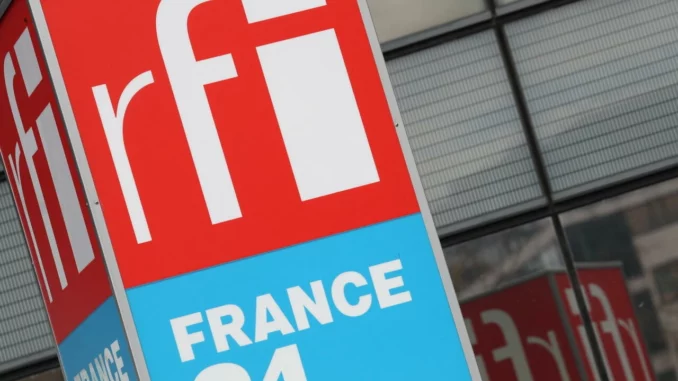
Togo has suspended French state-funded broadcasters RFI and France 24 for three months, accusing them of spreading biased and inaccurate reporting that threatens national stability.
The move, announced Monday (16 June) by the High Authority for Audiovisual and Communication (HAAC), follows rising tensions over recent constitutional reforms that have extended President Faure Gnassingbé’s grip on power. Opposition parties have labelled Gnassingbé’s new role — President of the Council of Ministers, with no term limits — a “constitutional coup,” sparking protests earlier this month in Lomé. Demonstrators, led by prominent artist Aamron, were met with tear gas, and dozens were arrested, though the government claims more than 50 have since been released.
HAAC accused the French broadcasters of airing “inaccurate” and “tendentious” content that undermines republican institutions. However, both RFI and France 24 rejected the allegations, reaffirming their commitment to impartial journalism and expressing willingness to engage with Togolese authorities. Media watchdogs, including Reporters Without Borders, condemned the ban as a serious attack on press freedom. Observers see it as part of a broader pattern across West Africa, where governments are increasingly curbing foreign media influence amid domestic unrest. Meanwhile, Togo’s opposition has called for civil disobedience starting 23 June, demanding Gnassingbé step down. As political tensions grow, critics warn the suspension marks another step away from democratic openness.
